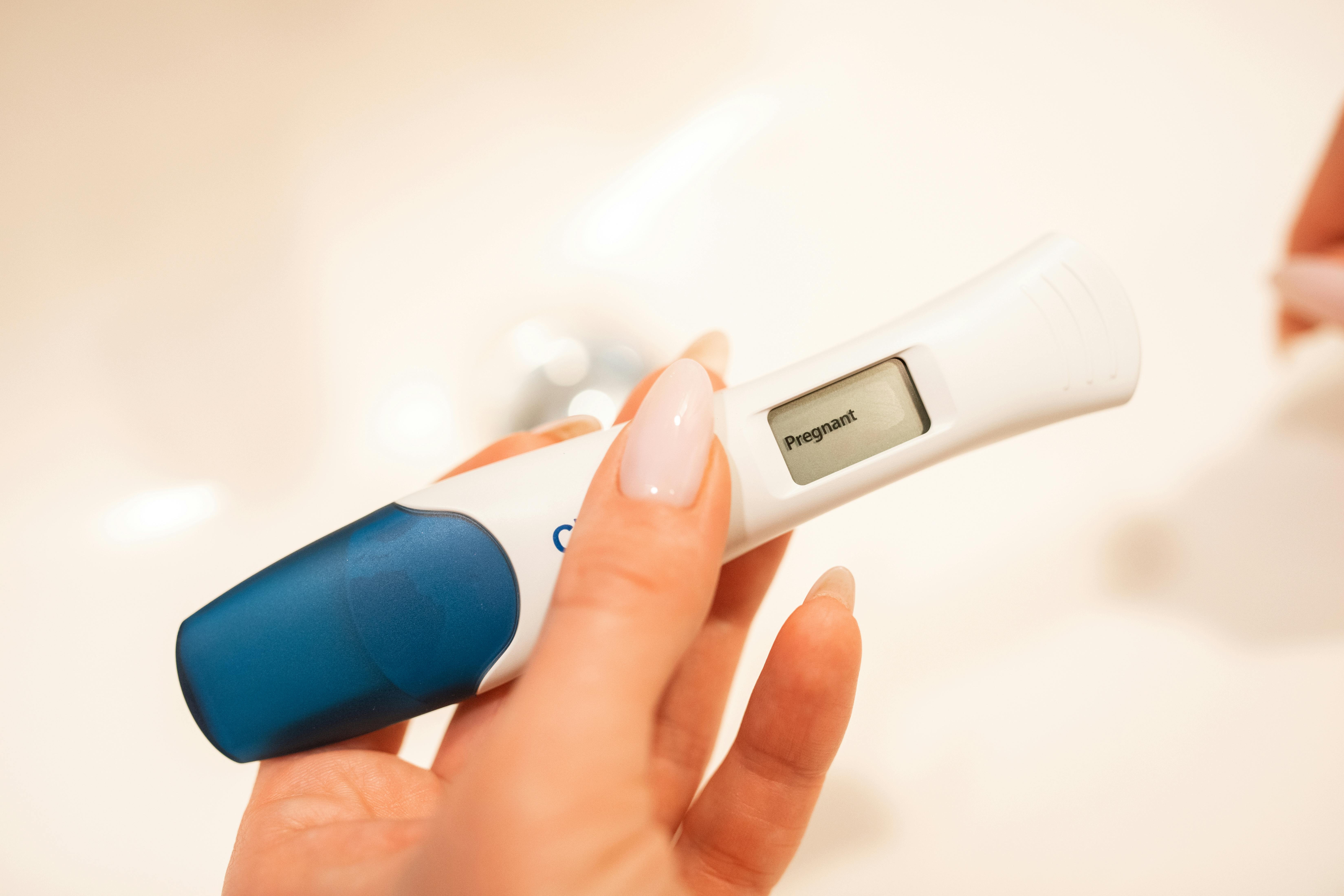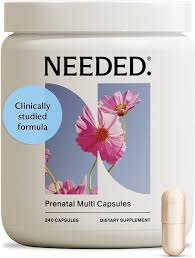Key Takeaways
- Postpartum is a time of major hormonal and neurological change.
- Ashwagandha is an adaptogen that helps calm the nervous system and support hormone balance.
- Clinical studies show it reduces cortisol, improves mood, and enhances sleep quality.
- Combining supplementation with nervous system-based chiropractic care supports deeper healing.
Understanding the Postpartum Season: A Time of Change and Healing
Postpartum is a season of transformation—beautiful, intense, and often overwhelming. After giving birth, your body experiences drastic hormonal changes while also recovering physically and emotionally. Many new mothers describe feeling exhausted, anxious, or simply “not themselves.”
While these feelings are common, they shouldn’t be dismissed. They are often signs that your nervous system and endocrine system are still trying to find balance. At Pinnacle Chiropractic, we help moms understand these changes and offer natural ways to restore calm and connection during this vital season.
Why Postpartum Moms Often Feel “Off”
In the weeks and months following birth, your body undergoes one of the most significant hormonal shifts it will ever experience. Combine that with:
- Interrupted sleep
- Nutrient depletion
- Breastfeeding demands
- Physical recovery from birth or surgery
- Emotional highs and lows
It’s no wonder so many women face postpartum anxiety, depression, adrenal fatigue, or thyroid dysfunction. Unfortunately, these are often brushed off as “just part of motherhood.”
At Pinnacle Chiropractic, we believe in addressing these imbalances—not normalizing them. True healing begins when we restore balance to your nervous system and stress response.
What Is Ashwagandha?
Ashwagandha (Withania somnifera) is a plant-based adaptogen—a class of herbs known for helping the body adapt to physical, emotional, and environmental stress. Used for centuries in Ayurvedic medicine, it gently supports both the nervous and endocrine systems.
For postpartum mothers, ashwagandha’s most notable benefits include:
- Supporting adrenal function (helps regulate cortisol and stress response)
- Promoting hormonal balance and emotional regulation
- Supporting thyroid function (critical during postpartum hormone shifts)
- Reducing anxiety and improving sleep quality
Unlike synthetic medications, ashwagandha works by helping your body restore its own natural rhythms, rather than forcing a hormonal change.
What the Research Says About Ashwagandha
While most research focuses on adults in general (not exclusively postpartum women), multiple studies confirm that ashwagandha:
- Reduces cortisol levels, lowering stress and anxiety
- Improves mood and mild depressive symptoms
- Supports thyroid hormones T3 and T4, helping with energy and metabolism
- Enhances sleep quality and cognitive clarity
These outcomes directly align with the top challenges faced by postpartum moms—fatigue, anxiety, mood swings, and brain fog.
Is Ashwagandha Safe During Postpartum and Breastfeeding?
Ashwagandha is generally considered safe for most postpartum women, but there are important considerations:
- Always consult your healthcare provider before beginning any new supplement, especially while breastfeeding.
- Because it affects cortisol and thyroid hormones, regular monitoring may be helpful if you have known thyroid conditions.
- Watch for any changes in milk supply. Some women notice improved supply due to reduced stress, while others experience no change.
At Pinnacle Chiropractic, we recommend starting with a low dose and tracking your energy, mood, and sleep quality to understand how your body responds.
Our Recommended Brand: TriGandha™ by Designs for Health
We trust TriGandha™ by Designs for Health as our preferred ashwagandha formula for postpartum support.
Here’s why it stands out:
- Triple-extract blend: Shoden®, Sensoril®, and NooGandha®—three clinically studied forms for hormonal, neurological, and emotional support
- High purity and bioavailability: Formulated for easy absorption and gentle action on the body
- No artificial additives or allergens: Safe for sensitive postpartum systems
This blend offers both immediate calming effects and long-term regulation of stress hormones—without compromising milk supply or mental clarity.
Why Supplements Alone Aren’t Enough: The Nervous System Connection
Supplements like ashwagandha are incredibly beneficial, but they work best when the nervous system is balanced.
Postpartum stress, birth trauma, and the physical strain of pregnancy can leave the nervous system stuck in “fight-or-flight.” When this happens, your body struggles to rest, digest, and heal properly.
At Pinnacle Chiropractic, we use gentle, neurologically focused adjustments to help moms transition out of survival mode. Once the nervous system is regulated, the body can respond more effectively to supportive tools like TriGandha™, proper nutrition, and rest.
This combination—chiropractic care plus targeted supplementation—creates the foundation for whole-body recovery.
The Holistic Path to Postpartum Healing
Healing after birth isn’t about “bouncing back.” It’s about rebuilding from the inside out—restoring balance to your hormones, nervous system, and energy.
Ashwagandha can be a powerful ally during this time, helping you feel calmer, more resilient, and more connected to yourself. Combined with nervous system-based chiropractic care, it offers a safe, natural path toward lasting recovery.
If you’ve been feeling anxious, depleted, or like your body isn’t healing the way it should, you don’t have to push through. There are holistic options that honor your body and your motherhood journey.
Contact Pinnacle Chiropractic today to schedule a consultation and learn how natural care and supplement support can help you feel like yourself again.
FAQs About Ashwagandha and Postpartum Care
Q: Can I take ashwagandha while breastfeeding?
In most cases, yes. However, always consult your provider before starting, and monitor your milk supply and energy levels.
Q: How long does it take to notice results from ashwagandha?
Many women notice improvements in calmness, energy, and sleep within 1–3 weeks, depending on dosage and consistency.
Q: Can ashwagandha replace antidepressants or thyroid medication?
No. Ashwagandha is supportive, not a substitute. It can, however, complement other natural and medical therapies under professional supervision.
Q: What’s the best way to take TriGandha™?
Most moms take one capsule daily with food, but dosage should be individualized under the guidance of a healthcare provider.
Looking for a Pediatric or Prenatal Chiropractor near you?
Please visit www.pdcnearme.com to find a trusted provider in your area.










